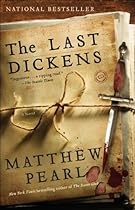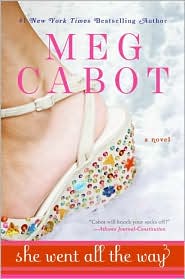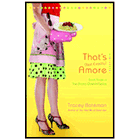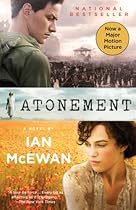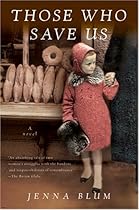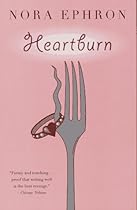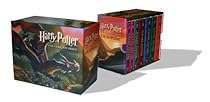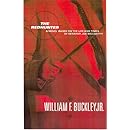
The Redhunter by William F. Buckley, Jr. was a mixed bag for me. Overall, I enjoyed the story, which was about the life of Joe McCarthy. But despite the fact that Buckley is one of the founding fathers of the modern day conservative movement and I should really like him, I just don't care for his writing style. He's very dry and somewhat stuffy, and Ryan described him well be calling him "bland." I read somewhere that he always edited in his head and never edited once he put something in writing. Although I actually tend to write this way, with him I feel like he really needs an editor. He also just needs some spice. He somehow managed to make what should have been an exciting story and make it boring. About halfway through I just stopped caring what happened. He also seemed to expect you to already know some of the historical figures, even the minor ones. He also: overuses the colon. And uses it: incorrectly in my opinion. Like that. I've never seen so many colons in one book before, and 90 percent of the time a comma or dash would have been more appropriate, or even no punctuation at all. It got to the point of being distracting.
The novel also has a fictional side story, focused on Harry Bontecou that would be more appropriate in a soap opera than this type of novel. Since I doubt any of you will read this, I'll spoil it for you. Young Harry manages to sleep with and fall in love with his sister. They don't realize this, but it happens. And their father lets it go on for a few months before putting a stop to it. Really? It's an unbelievable situation, and then what kind of father lets that continue? She could have gotten pregnant during that time. What would he do then? Ugh.
The one interesting thing I learned from the novel was about McCarthy's downfall. McCarthy was right that there were Russian spies and sympathizers working for the government, and 1,400 people were let go from federal positions after others began conducting investigations. But for some reason he gets a bad rap as being completely wrong, and people incorrectly connect him with the House Un-American Activities Committee and the blacklisting of Hollywood figures, despite the fact that he wasn't in the House and couldn't have served on that committee and had nothing to do with it or the blacklisting of anyone in Hollywood. He was entirely focused on federal employees, especially those within the State Department and the Army who could do severe damage to the U.S. According to this book though, he became an alcoholic, gambled, didn't exercise very good judgment, and was just not very nice. He wasn't very likable, so he turned potential allies away and made it easy for his name to be smeared in the mud. After writing this post, I've realized maybe it wasn't a mixed bag. It was just plain disappointing.
